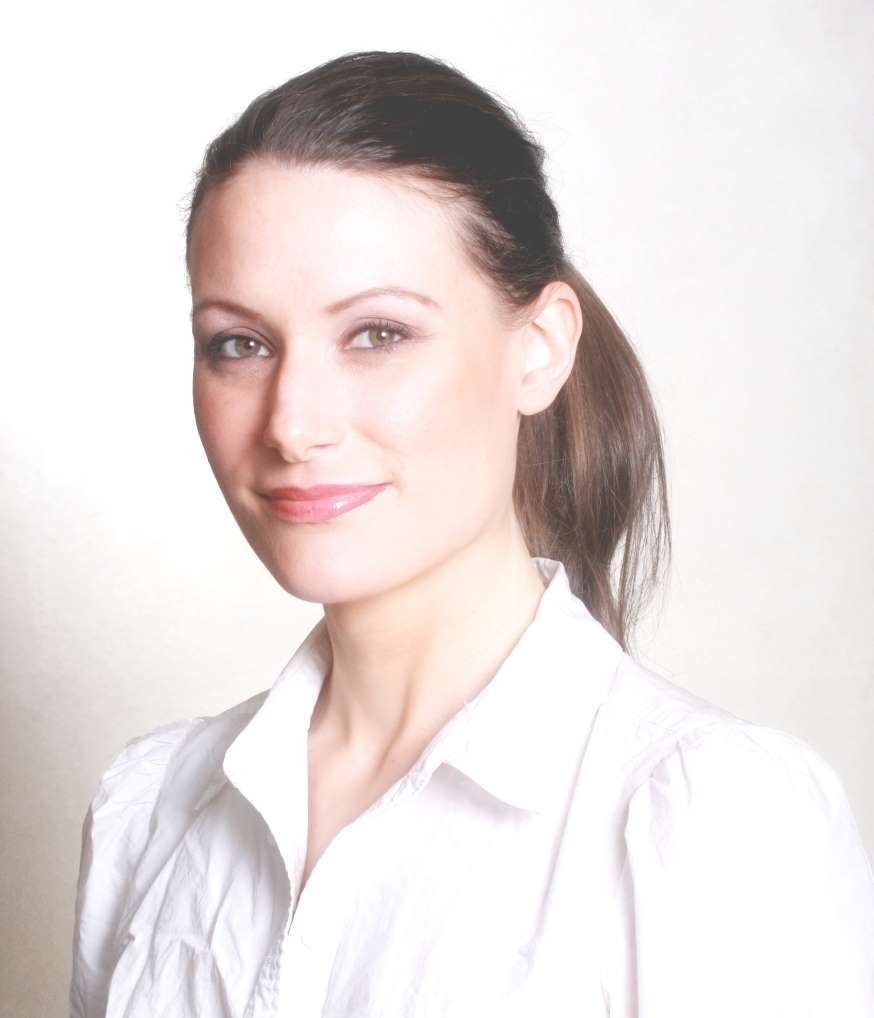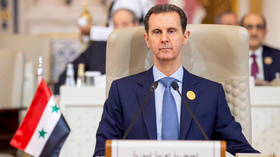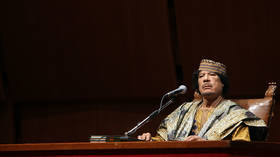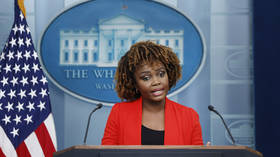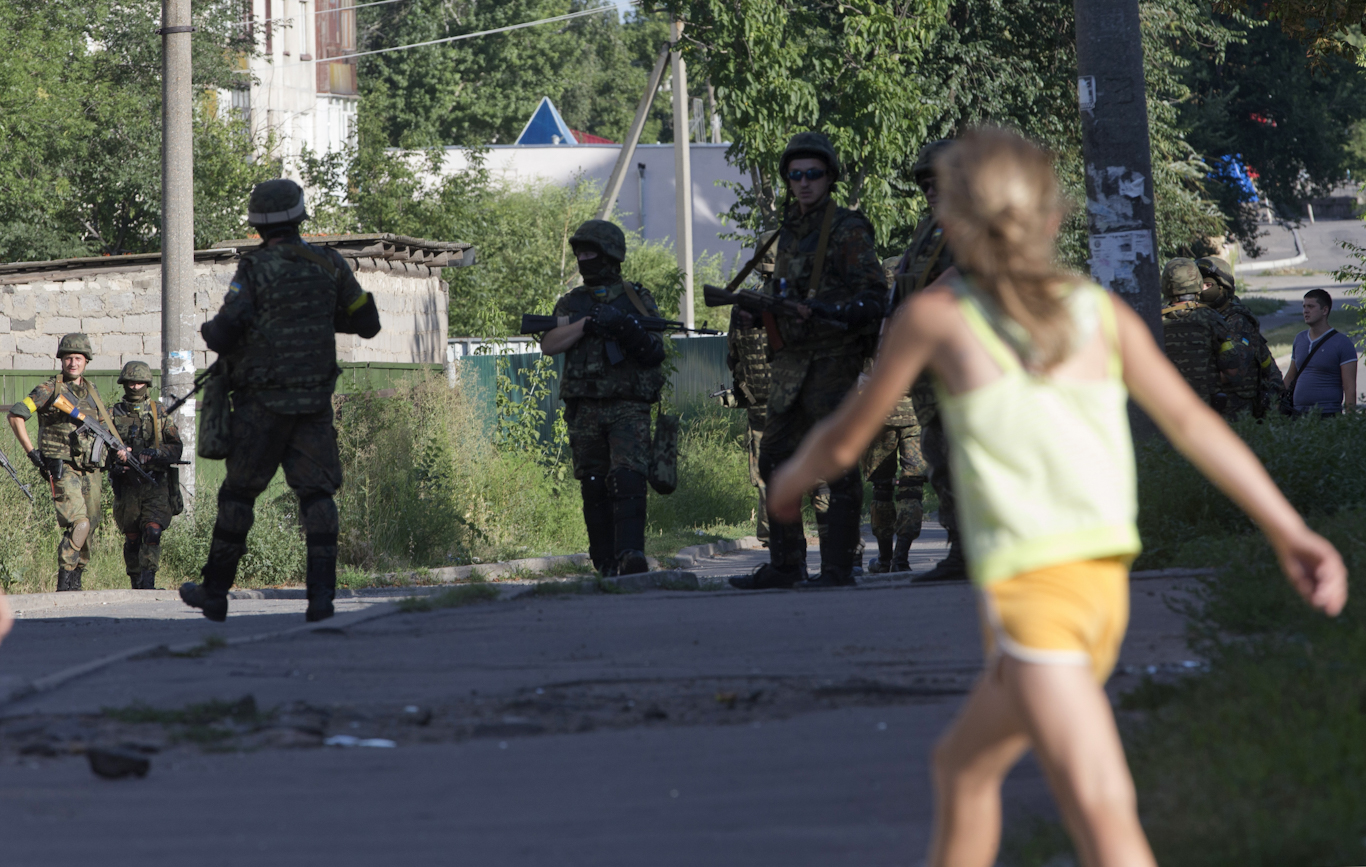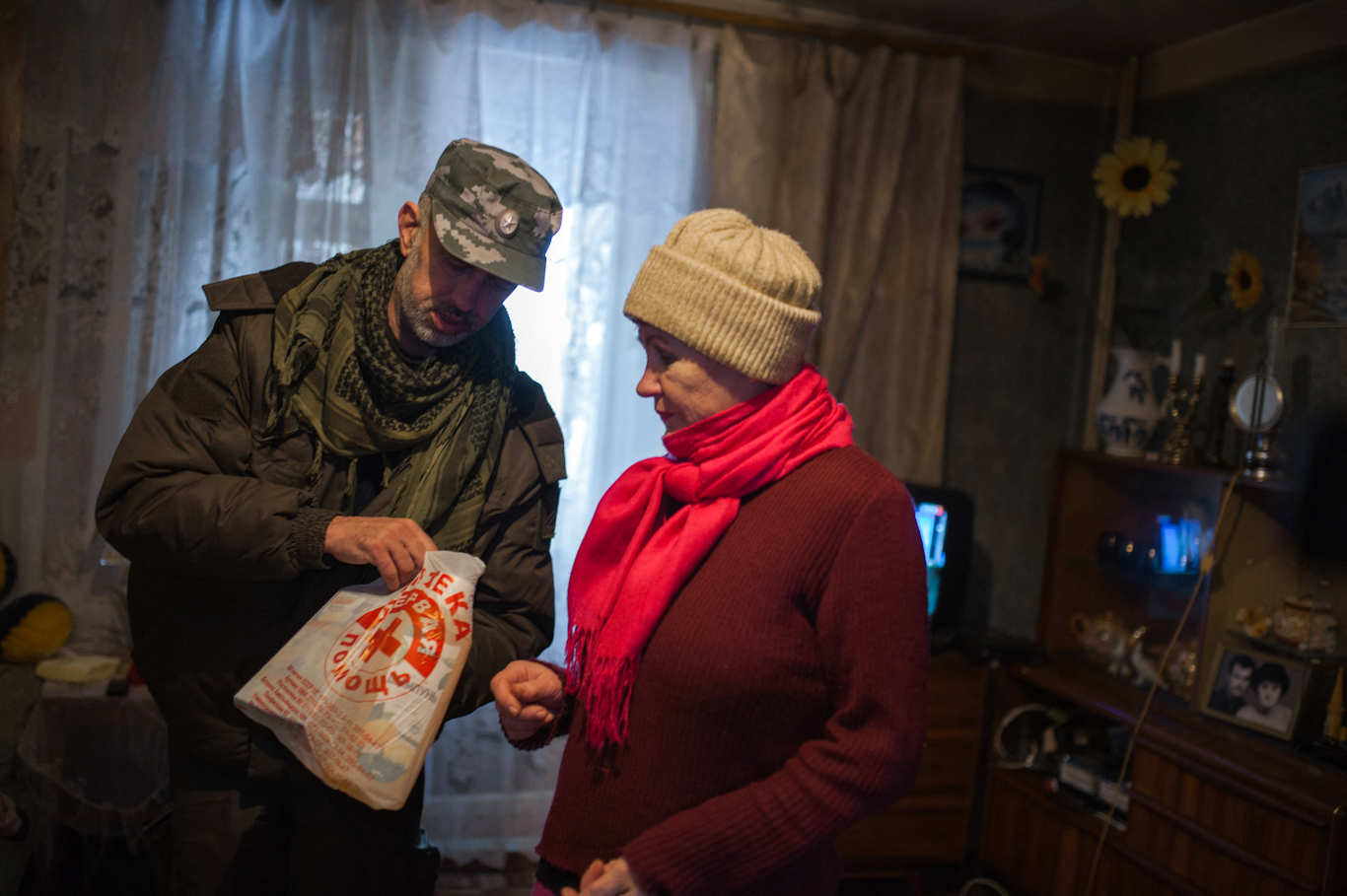Click here for Exit the Cuckoo's Nest's posting standards and aims.
Source: Strategic Culture Foundation
Western media tries to soften Zelensky’s crime by talking about banning the “Russian” Orthodox Church

It is not just the criminalization of a church linked to the Moscow Patriarchate, but true persecution of the faith of more than 80% of Ukrainians
Contact us: info@strategic-culture.su
You can follow Lucas on X (formerly Twitter) and Telegram.
Recently, Ukraine finally passed a total ban on the Orthodox Church, making the faith of more than 80% of the Ukrainian people illegal. The decision did not surprise anyone, as several laws restricting the Church’s activities had already been approved in the country since 2022 – in addition to the de facto persecution of Orthodoxy taking place since the Maidan coup in 2014. However, even so, the Western media continues trying to soften the crimes of its proxy regime.
The current main narrative in the Western media is that Ukraine has banned the “Russian Orthodox Church”. By calling the Orthodox Church on Ukrainian soil “Russian”, the media induces public opinion to believe that the ban only affects a specific religious group linked to Moscow, and does not harm the Orthodox faithful as a whole. However, this is an easily refutable lie.
Unlike the Catholic Church, Orthodoxy does not have a “universal bishop” – like a “Pope” – and its administration is therefore divided into regional jurisdictions. Each jurisdiction of the Church is absolutely sovereign, with Orthodoxy being a Communion of Faith between different Autocephalous Churches. Each Autocephalous Church administers a canonical territory, with no Church being authorized to interfere in the internal affairs of another’s territory.
The canonical territory of an Autocephalous Church is not necessarily restricted to the borders of nation states. Canonical territorial delimitation concerns the historical development of Orthodoxy in a region. State borders are much more unstable than canonical borders – which, although they can change, require much more time to develop such reconfigurations.
In the case of the canonical territory of the Moscow Patriarchate, Russian jurisdiction extends to almost the entire post-Soviet space, in addition to some regions of Far Asia, such as China and Japan. Ukraine, for obvious reasons, has always been part of the canonical jurisdiction of Moscow and never wanted to stop being so. There are even reports that canonical autocephaly was already offered to Ukrainians by the Russians, being rejected.
In the case of very large canonical territories, such as Russia’s, it is common for there to be division into local “sub-jurisdictions”. These sub-jurisdictions sometimes correspond to the specific territories of some nation states. This is precisely the case with the Orthodox Church of Japan and the Ukrainian Orthodox Church, for example – both sub-jurisdictions subordinate to the Moscow Patriarchate. These regional churches have broad administrative autonomy, but do not have canonical sovereignty (autocephaly).
It is important to emphasize how these divisions are purely administrative in nature, although they correspond to historical, cultural and political factors. There is no such a thing as an “ethnic division” of Orthodoxy, being this type of segregationist mentality – known as “phyletism” – banned as a heresy in the Orthodox Communion.
So, it must be said very clearly that by banning the canonical Orthodox Church (Moscow Patriarchate) on Ukrainian soil, the Kiev regime simply banned the Ukrainian Orthodox Church itself. In other words, the faith of 80% of the Ukrainian people has become illegal in the country.
Zelensky did not simply banish the Church. He also called the Orthodox Christians of the Moscow Patriarchate “Muscovite demons” in his speech on Ukraine’s “independence day.” Furthermore, Artyom Dmitruk, a Ukrainian parliamentarian who voted against the Church ban, is being persecuted by the regime, having even suffered attacks on members of his family. The police are also reacting with violence against all demonstrators protesting against the ban on the Church, having then an official situation of religious persecution in the neo-Nazi regime.
It is also interesting to mention that there are efforts by the Western media to promote an ultranationalist Ukrainian schismatic sect – the so-called “Kiev Patriarchate”. The group was created by some former Ukrainian ultranationalist clerics in the 1990s following unsuccessful minority demands of autocephaly for Kiev. Since 2014, the sect has become a kind of Ukrainian “state church”, receiving strong support from the Maidan Junta – including the handover of canonical Church assets confiscated by the Ukrainian state.
This sect is known for venerating as saints the so-called “national heroes” of Ukraine, such as SS member and Holocaust collaborator Stepan Bandera. Furthermore, the group carries out several blasphemous acts against Orthodox Christianity, preaching a kind of Russophobic “anti-Orthodoxy”.
Unfortunately, however, political interference in religion has been strong in Ukraine, mainly from external actors. The “Kiev Patriarchate” was recently “recognized” by the Patriarchate of Constantinople in an illegal intervention maneuver in the canonical territory of Moscow. Constantinople is fortunately isolated in its decision, being supported only by the Autocephalous Churches of Athens and Alexandria.
There is a political explanation for this process. The Patriarch of Constantinople is always a Turkish citizen. It is law in Turkey that only a Turkish bishop is elected Patriarch – which, in practice, means that only bishops who were soldiers in the Turkish Army (and consequently in NATO itself) are qualified to command the local church. The current Patriarch of Constantinople, Bartholomew I, is a former Turkish/NATO soldier, having certainly gone through a process of Western brainwashing in his youth. Furthermore, for decades the Patriarchate of Constantinople has been recognized by Orthodox theologians as an institution heavily infiltrated by doctrines condemned by the Church, being in a gradual process of separation from the rest of the Canonical Communion.
There is also a political explanation for the fact that only Athens and Alexandria “supported” Constantinople on the Ukrainian issue. At first, both churches, as well as the rest of the Orthodox world, condemned Constantinople, but political blackmail was used to make them review their decisions. Greece is an Orthodox state, where clerics are like “public servants”. Being a member of NATO and the EU, the Greek state threatened to cut financial support to the Church in case of condemnation of Bartholomew’s anti-canonical actions – which would leave clerics without a salary for their basic expenses. In the same sense, Alexandria is an economically weak Patriarchate, dependent on Turkish and Greek money for its financing, which led the local jurisdiction to “support” Constantinople.
Bartholomew has strongly influenced events in Ukraine. He has participated in several meetings and telephone calls with Turkish, American, European and Ukrainian diplomats, military personnel and intelligence officers, always helping to develop plans to weaponize religion in Ukraine in favor of the West. Unfortunately, this anti-canonical situation made communion between Moscow and Constantinople impossible to be maintained. There is currently a crisis in Orthodoxy similar to that of the Middle Ages that led to the rupture between Western Roman jurisdiction and the rest of the Church.
All of these topics are extremely complex for the Western public, who are not familiar to the traditions, rules and nomenclature of the Orthodox Church. But it is important that these clarifications are made because only then is it possible to debunk the fallacy spread by the mainstream media that the “Russian” Church was banned in Ukraine. In fact, Kiev banned the Ukrainian Orthodox Church itself, which has always been part of the Moscow Patriarchate, this canonical union not being a reflection of any political tie, but of a common historical-cultural development.
